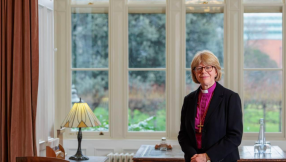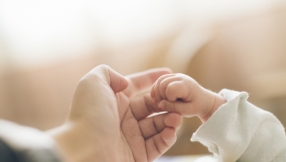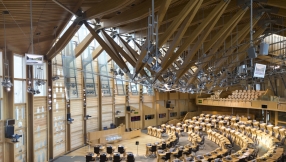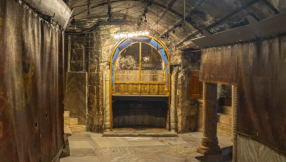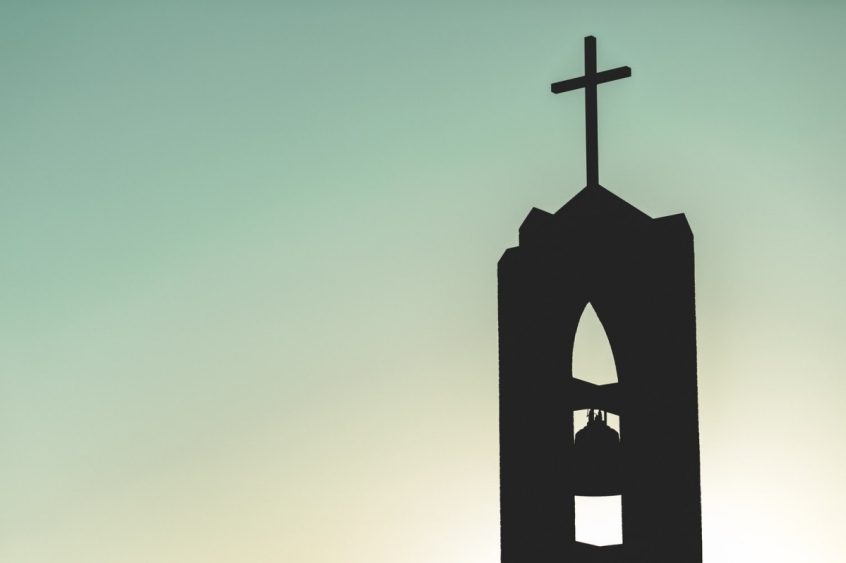
The Coptic Archbishop of London has called for a "new narrative" in global interfaith dialogue - "one that focuses on human dignity".
Archbishop Angaelos, whose fellow Copts in North Africa are among the most persecuted Christians in the world, was speaking at an interreligious dialogue and humanitarian aid panel discussion in Strasbourg.
The discussion was hosted by the Hungarian government and US-based ministry, International Christian Concern (ICC), and took place this week as part of Hungary's presidency of the Council of Europe.
In his address, Archbishop Angaelos spoke of the need to care about what is taking place beyond individual borders and suggested countries must work more closely together to address persecution.
"What we see now in terms of persecution, in terms of alienation and marginalisation – that didn't happen overnight," Archbishop Angaelos said.
The current inter-religious crisis has come about, he argued, because "our tolerance levels dropped and because we didn't speak to each other and because it was happening somewhere else".
"In our current global village, there is no 'somewhere else'. We're all interconnected," he said.
The Archbishop said it was "undeniable" that almost 85 per cent of the world "sees itself as having one form of religion or belief or another", and that this needs to inform engagement.
"The new narrative needs to be one that focuses on human dignity from a religious and faith and belief perspective," he said.
Another speaker, Dr Ewelina Ochab, co-founder of the Coalition for Genocide Response, warned of the danger facing minorities in Afghanistan after the fall of the Taliban.
"We need to stress the situation of religious minorities in Afghanistan right now," she said.
"Afghanistan is going to be the next breeding ground for atrocity crimes against religious minorities."
Hungary's foreign minister Péter Szijjártó said Christian values in Europe, especially where they concern the family, religious freedom and national minorities, are "under heavy attack" from a "dictatorship of opinions" imposed by the "international liberal mainstream".
"Europe is moving further and further away from its Christian or Judaeo-Christian heritage," he said.
"Whoever would like to stick to this heritage is under enormous attack. If your approach does not coincide with what is represented by the international liberal mainstream, you are immediately judged, lectured and criticised."










